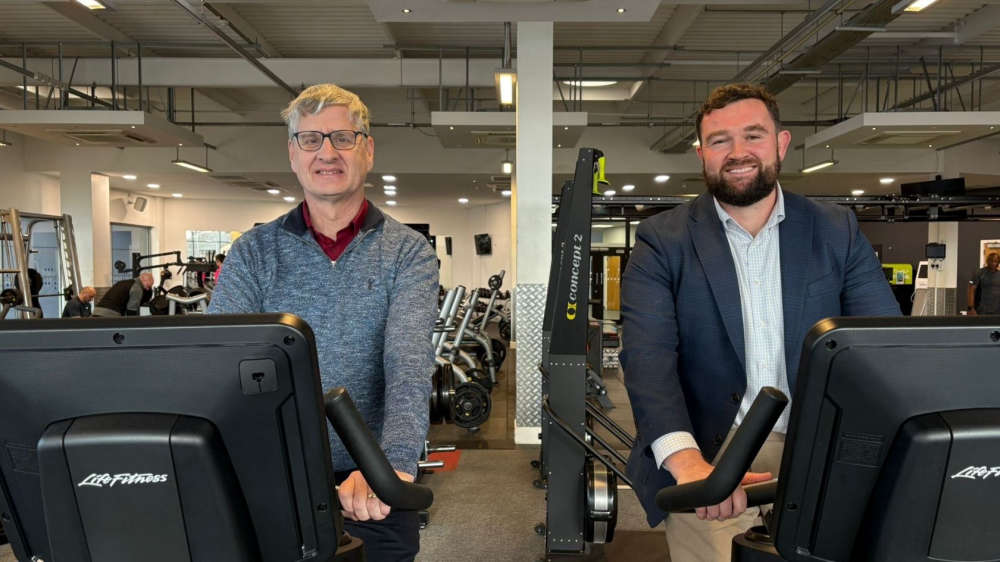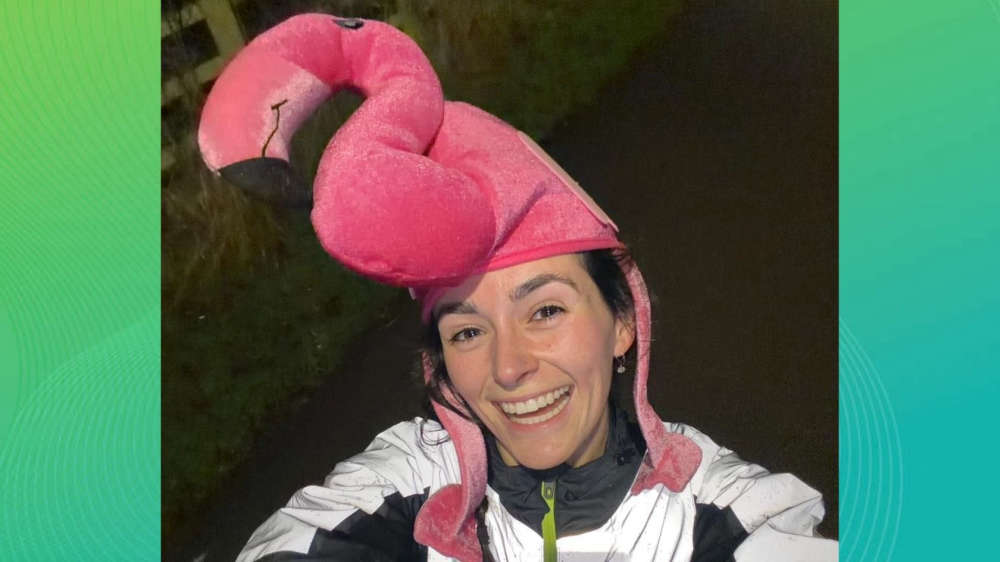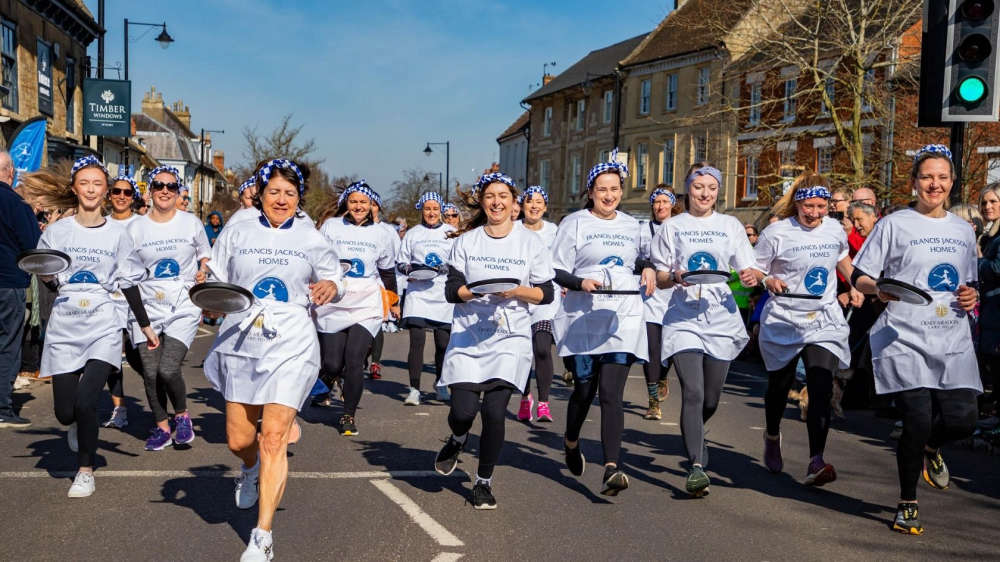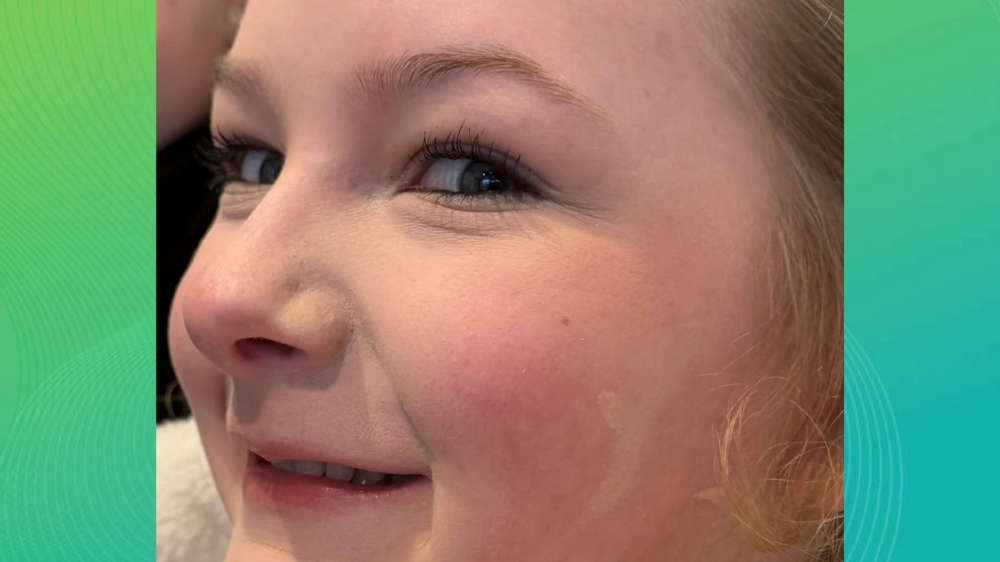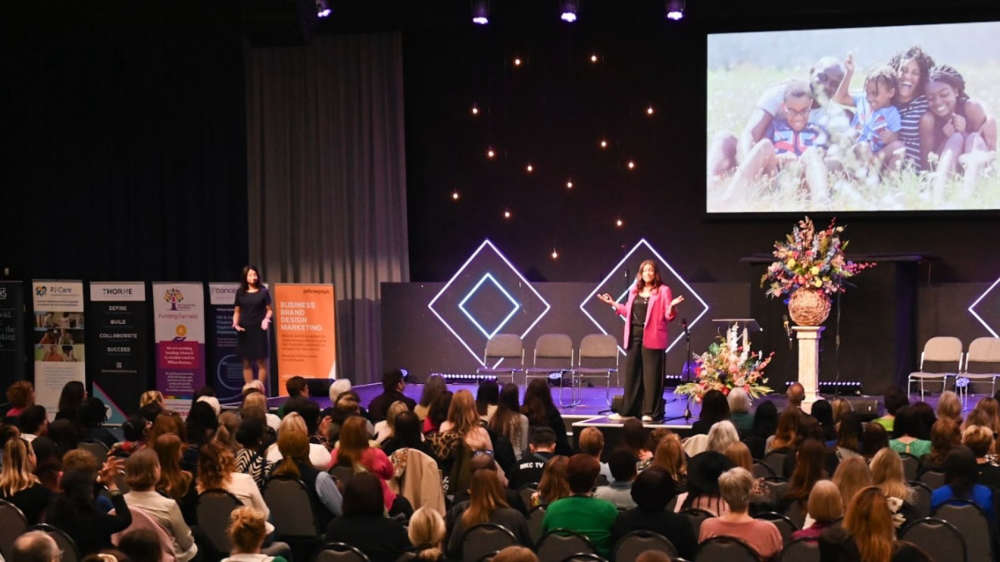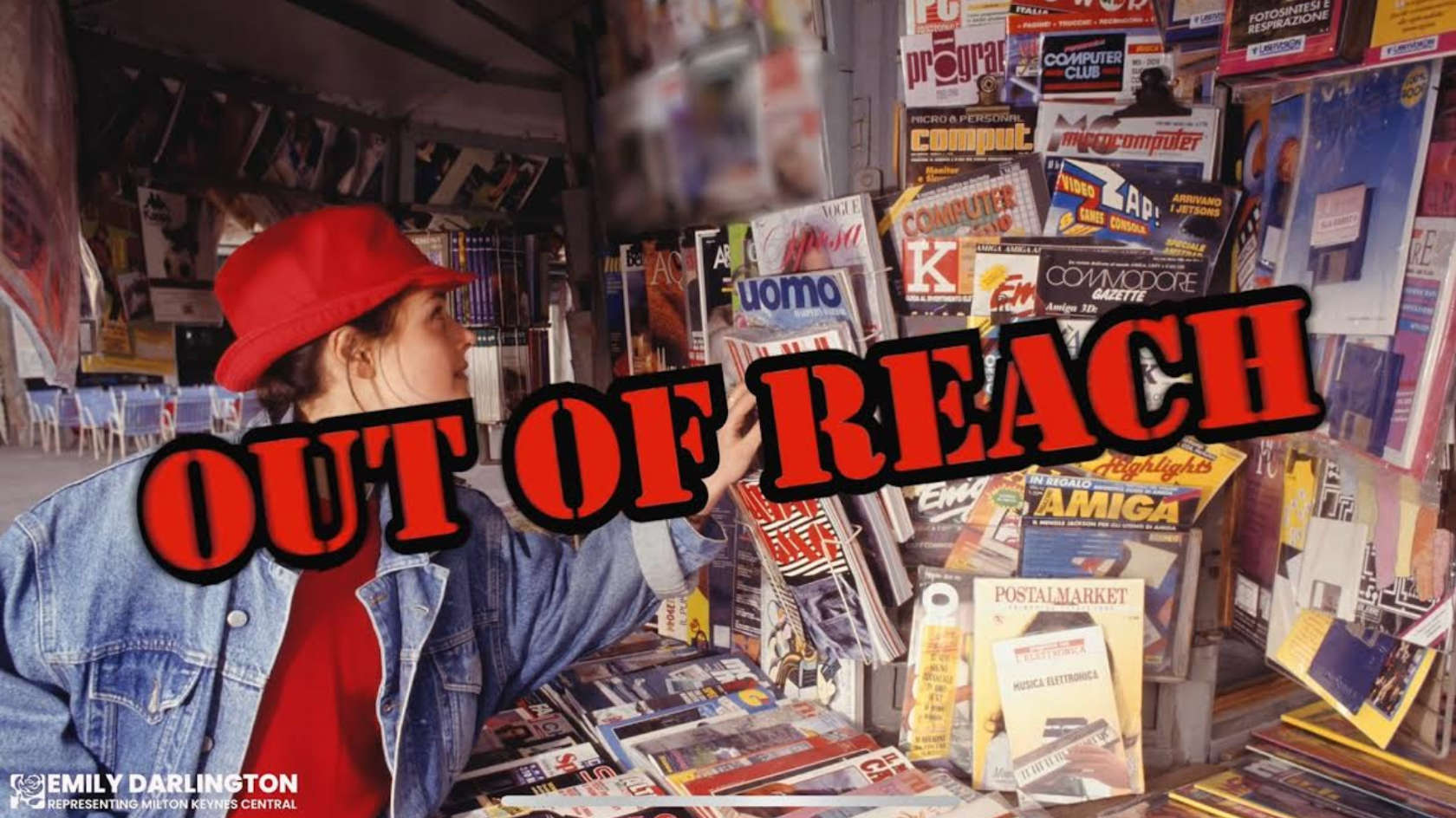
MP Emily Darlington has kicked off a campaign championing the Online Safety Act.
Legislation which forces tech companies running social networking sites or search engines to tackle illegal material and content that is harmful to children.
In her latest video, the Milton Keynes Central MP says that the Online Safety Act is “putting pornography back on the top shelf, and out of reach of children”, and claims that Reform UK leader Nigel Farage “wants to scrap the Online Safety Act and put pornography back in our children’s pockets”.
The MP argues that the Online Safety Act is starting to inject “common-sense parenting” back into the lives of our kids.
“In real life, a 12 year old can’t go see a film at a cinema if it’s rated 15. Pornography is put on the out-of-reach top shelf in newsagents, and you can’t buy it without ID. Kids can’t buy a video game that is AO-rated (Adults Only). But online, our kids can find any kind of graphic or sexual content of any level of extremity as easily as texting their friends.”
Since her election in 2024, Darlington has campaigned for increased regulation to tackle online violence against women and girls, and is now taking on the job of making the case for the Online Safety Act.
“Part of the job of an MP is not just to pass laws, but to explain to the public why they’re needed,” Emily said, “Online safety is personal to me. I don’t feel safe, ever, mostly due to the harassment and death threats I’ve suffered from speaking out against online misogyny. But if I don’t use my platform to speak out and advocate for stronger protections for women, girls, and our children, how can I expect anyone else to do so?”
“I’ve spoken to parents in my constituency who are scared. Students are making deep fakes of their classmates in schools, and parents feel helpless to stop it. The government is making really positive changes with the Online Safety Act, and although we need to go further, I also want to shout about the great work we’ve done so far.”
The most recent video comes as part of a series of social media videos in which Darlington has taken inspiration from the Public Information Films of the past, which were commissioned by the UK government and shown during TV advert breaks from the 1950s to the 2000s, warning the public about fire safety, drunk driving and child abuse.
She argues that public awareness of the dangers of the online world should be as high as the public awareness of the danger of crossing roads, using electricity near water, or running with scissors.
“When I was growing up, I was told repeatedly not to talk to strangers. Now we let strangers into our kids' lives, invisible to us but able to have as much access to them as our kids choose to give. It terrifies me, and most of the other parents I know.”


